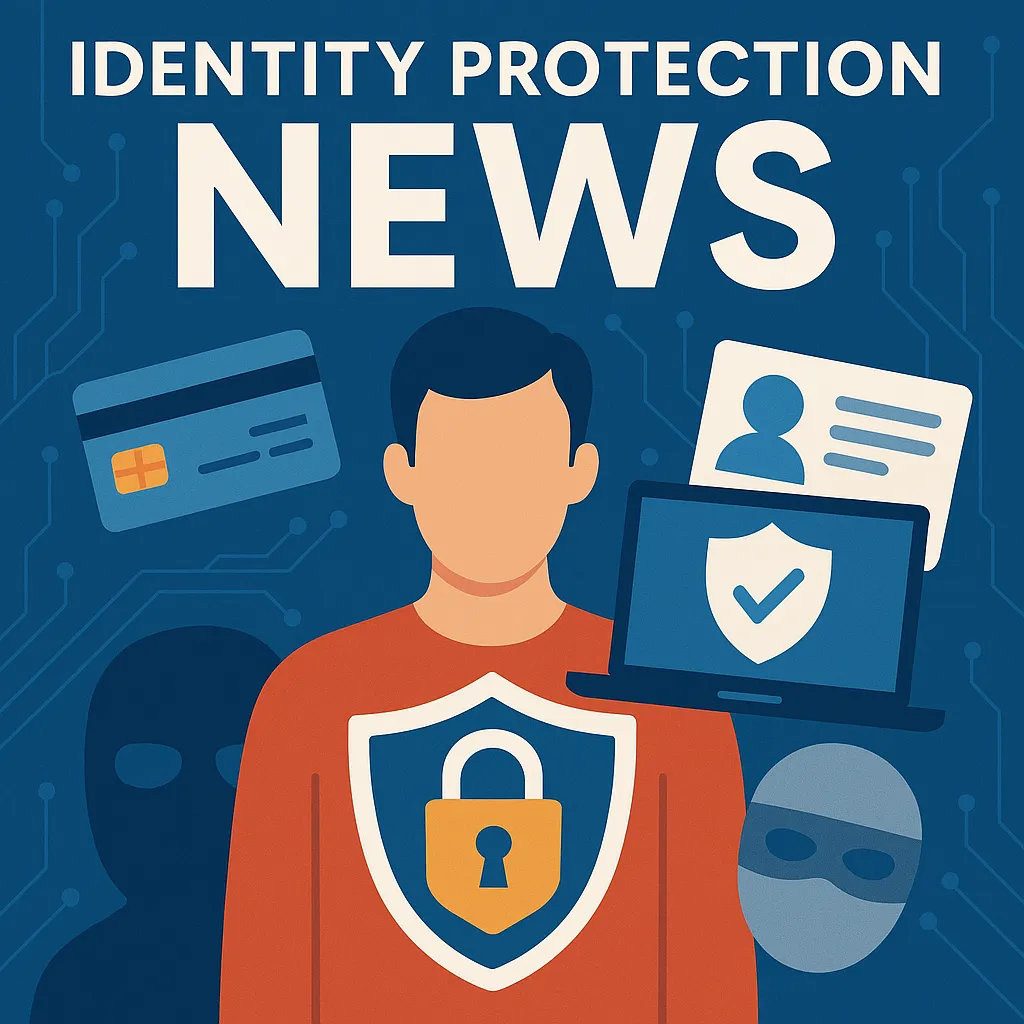Unraveling Cybersecurity: How to Protect Yourself from Identity Theft and Scams
Welcome to the world of cybersecurity, where the protection of personal information is not just a necessity but a mandatory practice in today's digital age. This post is designed to give you a comprehensive understanding of the various threats to your digital identity and the steps you can take to secure it.
Understanding Identity Theft
Identity theft occurs when someone illegally acquires your personal information to commit fraud or steal from you. It can affect anyone and can result in significant financial and personal damage. According to a recent CBS report, noticing unfamiliar accounts or charges on your financial statements could be an indication of identity theft.
Forms of Identity Protection
Gold Nano-Spirals: A Novel Approach
Technological advancements have introduced unique methods to protect personal information, like gold nano-spirals which, according to Sci.News, are at the forefront of battling against identity theft by obscuring personal information from unauthorized scanning.
Secure Your Personal Education Data
Students are frequently targeted for frauds, especially related to loan and aid scams. It's crucial to remain vigilant and informed about such scams. Federal Student Aid highlights the importance of protecting your identity from fraudulent student aid schemes.
Protecting Your Home From Deed Theft
Home title fraud or deed theft is another severe form of identity theft, where fraudsters steal your property's deed, potentially leading to loss of home ownership. Kiplinger discusses ways to safeguard your property from such threats.
Reporting and Rectifying Identity Theft
If you suspect that your identity has been compromised, immediate action is critical. Reporting the fraud to the police, notifying credit bureaus, and possibly freezing your credit are vital steps to limit damage and start the recovery process.
Conclusion and Takeaway
Protecting your identity online requires constant vigilance and an understanding of the threats and the tools at your disposal. Use robust passwords, be wary of phishing scams, secure your personal devices, and regularly monitor your credit scores. Educating yourself and staying informed about the latest security measures is your best defense against identity theft.
